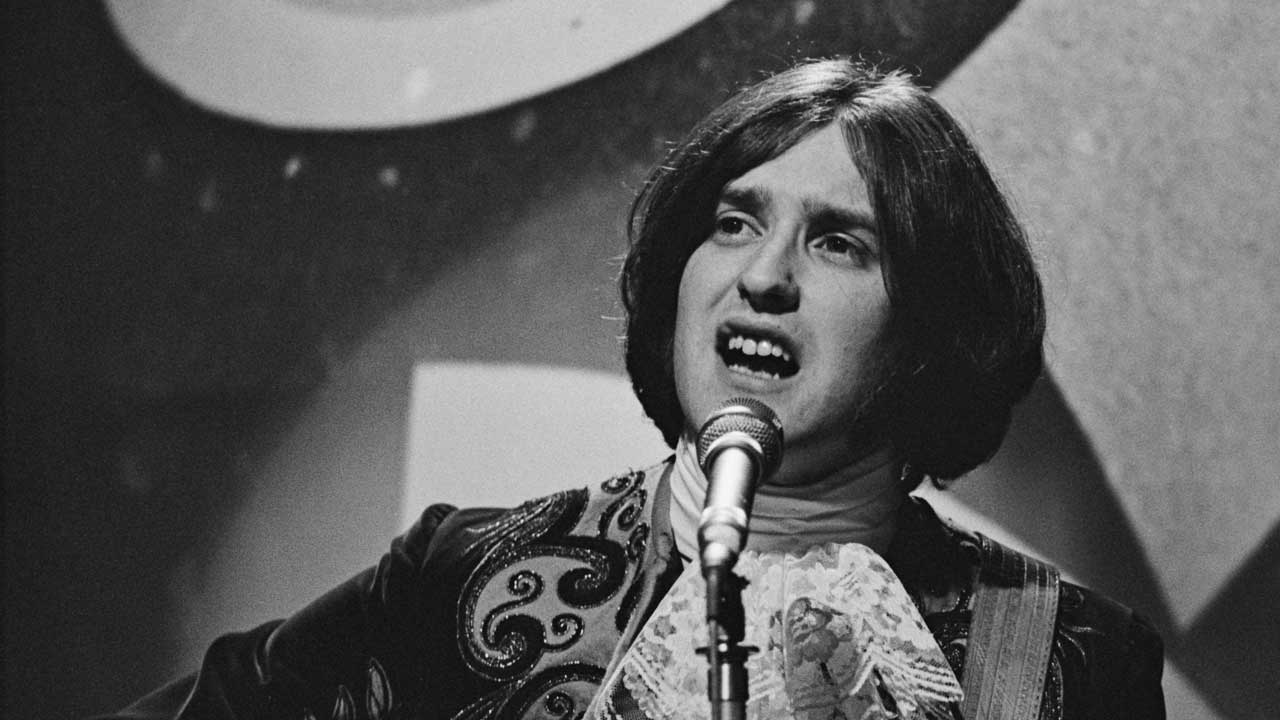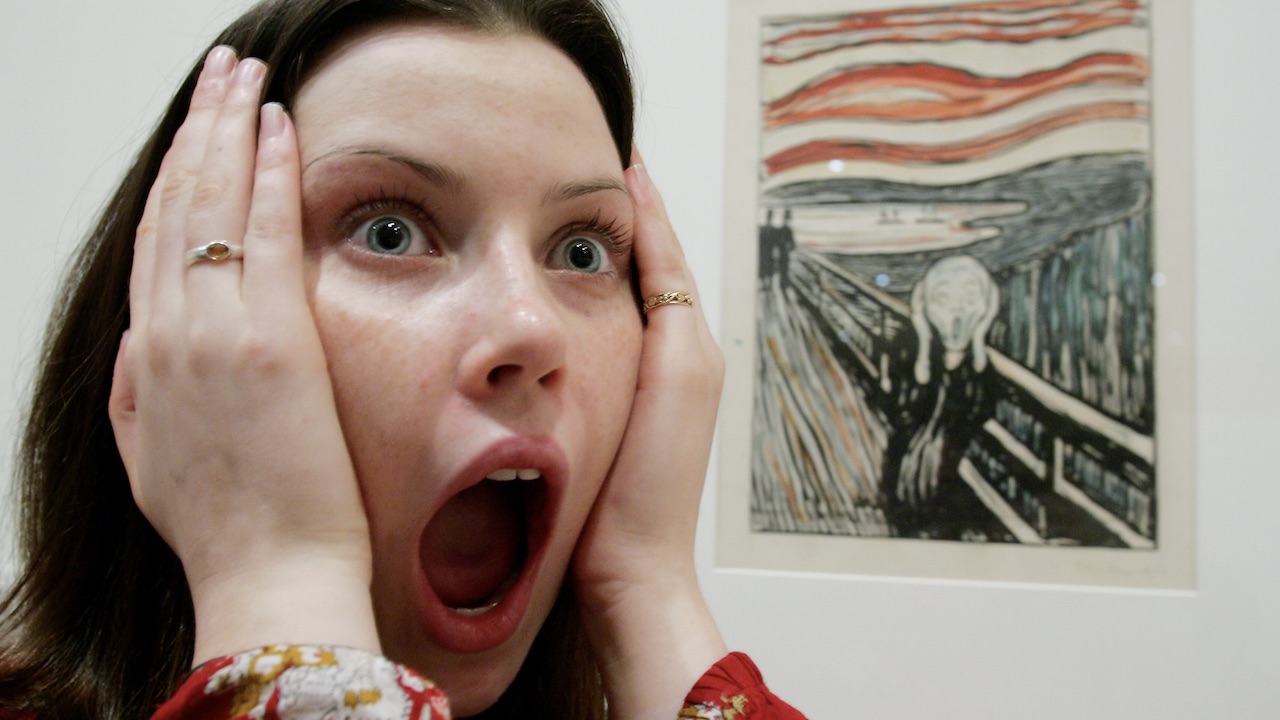"Something that was a big event for me had become an instrument of ridicule": The Kinks' Dave Davies on the double-edged sword of solo success
The artist formerly known as Dave The Rave explains how his disenchantment with Swinging Sixties culture spawned an unlikely solo hit

The 1960s was one long party for Dave Davies. While his older brother, Ray, observed and wrote about Swinging London from a distance, The Kinks’ guitarist was aptly dubbed Dave The Rave. He took an axe to a hotel reception desk; clubbed all night with wild friends like Keith Moon; and had sex with countless women (and some men).
“I was at endless parties,” he confirms today. “You can imagine what it was like in those days. It was wonderful and I loved it. But it was starting to wear me down, being with people I didn’t really know or trust. They were all pulling on my coat-tails and I’d end up with the bill at the end of the night.”
In 1967, his fourth year of Kinks hits and hedonism, Davies was still only 20 years old. To general astonishment, not least his own, he would turn his disillusion into his debut solo single, Death Of A Clown, and watch it follow The Kinks’ Waterloo Sunset into the upper reaches of the UK singles chart.
This landmark year began with Davies’ Danish girlfriend, Lisbet Thorkil-Peterson, becoming pregnant with his second child (the pair would marry secretly in April.) Looking around at the scattered bodies after yet another debauch, Dave The Rave finally faced up to the morning after.
“I thought: ‘I don’t even know or like most of the people here. What am I doing?’ I felt quite alone. It’s like when you come out of your first acid trip. You look around and people suddenly seem like they’re not real – like robots. And I heard See My Friends [The Kinks’ 1965 hit], they were playing it in the background, and I was thinking Ray and me should get together and talk. And I called him up, and it was late, so I didn’t go over to his house. I went back to my Mum’s house instead, the following day.”
Davies vividly recalls the next morning, when he wrote Death Of A Clown. “It’s a sunny day. Dry, not oppressive. But my head’s bowed, with a young man’s problems. I’d realised that life wasn’t all just laughter. It was sad as well – and hard. I started writing this little thing on the old family piano, about it all seeming like a circus roadshow. And I saw myself as a character in a circus, being exploited like the animals.”
The lyrics came quickly, in a Dylan-esque flow of surreal circus images of runaway fleas, a tiger that had lost its roar and a boozing, unhappy clown wearing caked-on make-up.
Sign up below to get the latest from Classic Rock, plus exclusive special offers, direct to your inbox!
“It was all a metaphor for the way I felt,” Davies explains. “Everything in the sixties had been spontaneous and easy and fun. Now I started to see the cracks. I was buckling under the strain of all this bullshit. As a boy I used to hate going to the circus, so the song’s also related to that. The main thing was that clowns were frightening – this guy pretending to be happy with a funny face but with something weird going on behind the scenes. The music business is very like a clown’s mask.”
Davies didn’t think he’d written anything special. “I thought maybe we could do it on a Kinks album. But Ray liked it and Robert [Wace, The Kinks’ co-manager] really liked it. He thought it would be good as a single.”
Ray added the striking, harp-like intro, played with a guitar pick on the treated strings of the Pye studio piano, and a short, wordless bridge. For this he was credited as co-writer.
“If I was a lot younger and I had the resources,” Dave sighs, “I could think back from You Really Got Me, to Lola, for which I wrote the whole of the basic instrumental phrases. Only a few bloody chords, I mean… Jesus Christ. That’s how I looked at it. But when he [Ray] does something he’s got to have all of it.”

Ray was feeling the strain of maintaining The Kinks’ success and thought Dave could ease that burden by pursuing a solo career. “I feel I should exploit him more,” he mused. Though Death Of A Clown was effectively a Kinks record in all but name, with the whole band playing on it, Dave’s Top Of The Pops appearance in a Charles II-style dandy’s jacket seemed to herald the arrival of a solo star. The single quickly became a Europe-wide smash. “I was surprised and very excited,” Dave remembers. “It came on the heels of Waterloo Sunset. It was phenomenal.”
As the song’s success became clear, Ray pondered going solo himself. Dave, by contrast, wasn’t ready to quit the comfort of The Kinks. He left a solo album unfinished. “I found it quite daunting,” he admits. “I thought Death Of A Clown was just a one-off. And Robert kept on saying: ‘You should do more.’ Susannah’s Still Alive [November ’67 follow-up] was a reasonable hit [reaching No.20]. But I was very into waiting for inspiration. I hadn’t learned how to make myself work.”
Ray Davies dismisses Death Of A Clown and the inspiration behind it in his autobiography, X-Ray, calling it “a nominal attempt by Dave to become a respected married man… Dave was destined to remain a clown”. Ray enjoyed introducing his brother on stage as “Dave ‘Death Of A Clown’ Davies” – like a sad one-hit wonder. “That used to be really upsetting,” Dave complains. “Something that was a big event for me, and a shedding of a lot of things in my life, had become an instrument of ridicule. It got to the point where I didn’t want to play it.”
The Kinks split in 1996. Dave Davies’s solo career was again interrupted when he suffered a massive stroke in 2004, but four albums followed in rapid succession, from Fractured Mindz (2007) to Open Road (2017). That solo flowering he flinched from in 1967 had recommenced at last.
"Life doesn’t get any less weird, the older you get,” he considers. “I enjoy writing more now. I was too busy having a good time in the sixties to bother."
The original version of this feature appeared in Classic Rock 206 (December 2014).
Nick Hasted writes about film, music, books and comics for Classic Rock, The Independent, Uncut, Jazzwise and The Arts Desk. He has published three books: The Dark Story of Eminem (2002), You Really Got Me: The Story of The Kinks (2011), and Jack White: How He Built An Empire From The Blues (2016).


